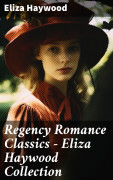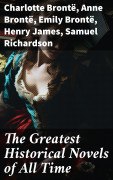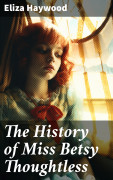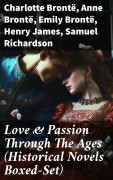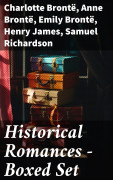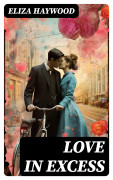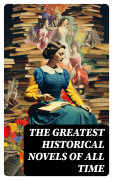Marie-Madeleine Pioche de La Vergne, Eliza Haywood: The Princess of Cleves & The Fruitless Inquiry
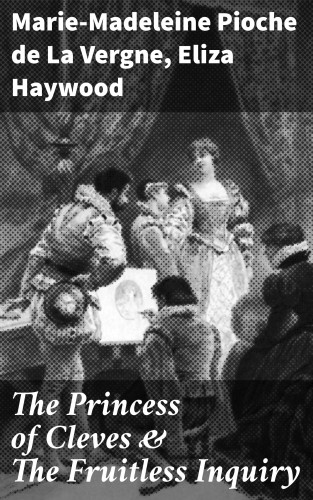
| Produkttyp: | eBook-Download |
|---|---|
| Verlag: | Good Press |
| Erschienen: | |
| Sprache: | Englisch |
| Seiten: | 138 (Druckfassung) |
| Format: | EPUB
Info▼
|
| Download: | 973 kB |
In the anthology featuring 'The Princess of Cleves' by Marie-Madeleine Pioche de La Vergne and 'The Fruitless Inquiry' by Eliza Haywood, readers are invited into the intricate worlds of seventeenth and eighteenth-century literature, where the complexities of love, honor, and societal expectations are explored through innovative narrative styles. This collection showcases the remarkable diversity and significance within the early modern literary canon, emphasizing the transformative power of nuanced character development and plot intricacies. The inclusion of these particular works highlights the early exploration of psychological depth in characters and the critique of societal norms pertaining to women, thereby marking significant contributions to the evolution of the novel as a genre. The contributing authors, La Vergne and Haywood, emerge from distinct cultural backgrounds, French and English respectively, bringing unique perspectives to the themes of love and morality. Their works collectively align with the broader movements of Preciosité and the rise of the novel in Europe, reflecting on the shifting concerns of their times. Through these narratives, the anthology captures the beginning of women's proto-feminist expressions in literature, providing valuable insights into the historical and cultural contexts that shaped these canonical texts. This anthology is an essential read for those interested in the development of narrative fiction and the representation of women's interior lives in literature. It offers a unique opportunity to explore the symbiotic relationship between two pioneering works that, though emerging from different cultural and linguistic origins, engage in a profound dialogue about personal agency, societal constraints, and the quest for authenticity. Readers will find in these pages a rich educational experience, broadening their understanding of early modern literature and the foundational narratives that continue to influence storytelling today.
